So, what is living in Amsterdam like?
LISTEN! I’ve never been one for subtlety, so I’m just going to spit it out (I’ll try not to spray) – WTF happened to the Amsterdam I knew and when did it lose its mojo?
When I arrived in the spring of 1980, before the sharp, spiky-studded, dragon’s tail-end of punk, morphed into the softer swish of New Wave romanticism, Amsterdam had thrust its peroxide blond quiff above the miasmatic clouds of marijuana lingering from its post-hippy years and emerged as a vibrant, cutting-edge Euro city, sparkling with fierce energy.
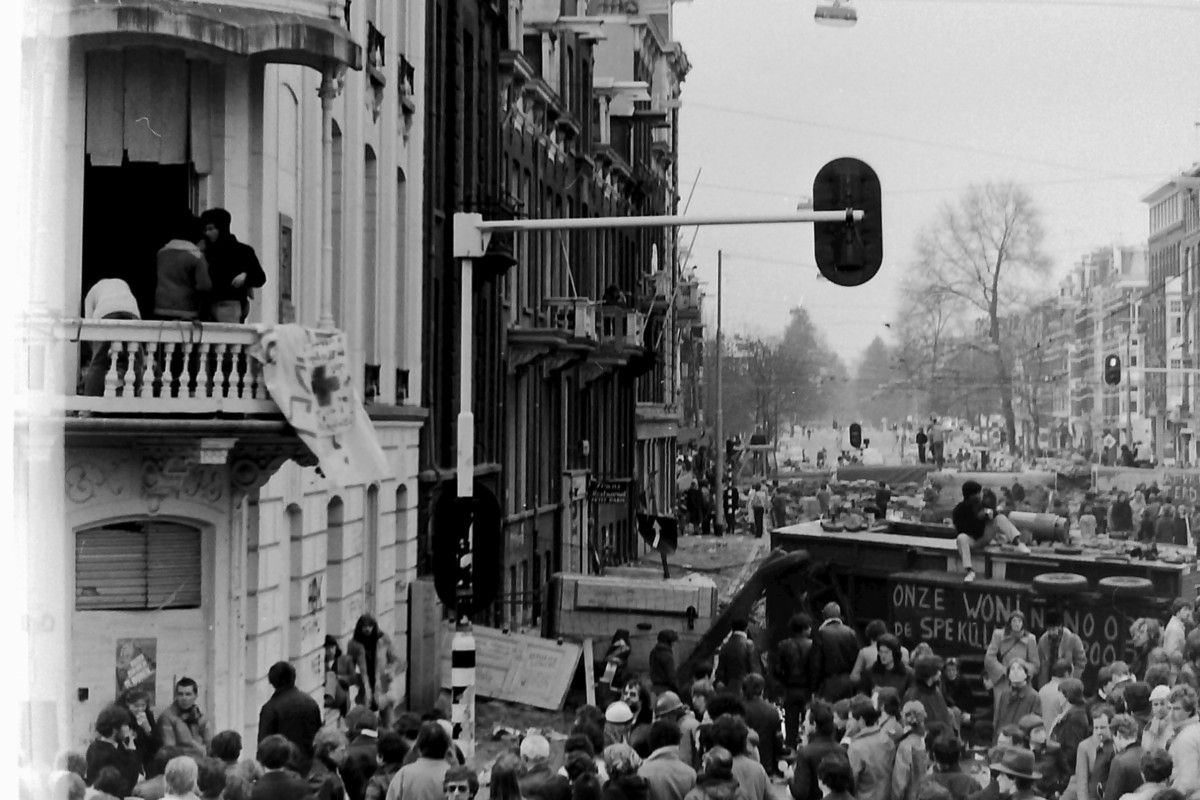
In 30 April ’80, mass protests against the coronation of Queen Beatrix – instigated by squatter’s groups (Kraakbewegingen) but supported by students, workers, anarchists and left-wing radicals of all shades – rocked the streets; reverberating from the Kinkerstraat & Bilderdijkstraat, over to Waterlooplein, then back across the BlauwBrug to the Dam & Rokin. >10,000 police were deployed to quell the riots and over 600 people were injured!
What is living in Amsterdam like: No protests?
Now, I’m not suggesting I miss mass riots – although, even the most passive of pacifists might admit they can be cathartic, or even a force for change – but I do wonder what’s happened to Amsterdam to make a repeat of events on that scale totally unthinkable today? Has worship for the false gods of globalisation and tourism torn out its beating heart? Have the cold frosts of austerity and decades of bluster from centre-right coalitions thrown an icy-wet blanket of conformity over its once radical soul?
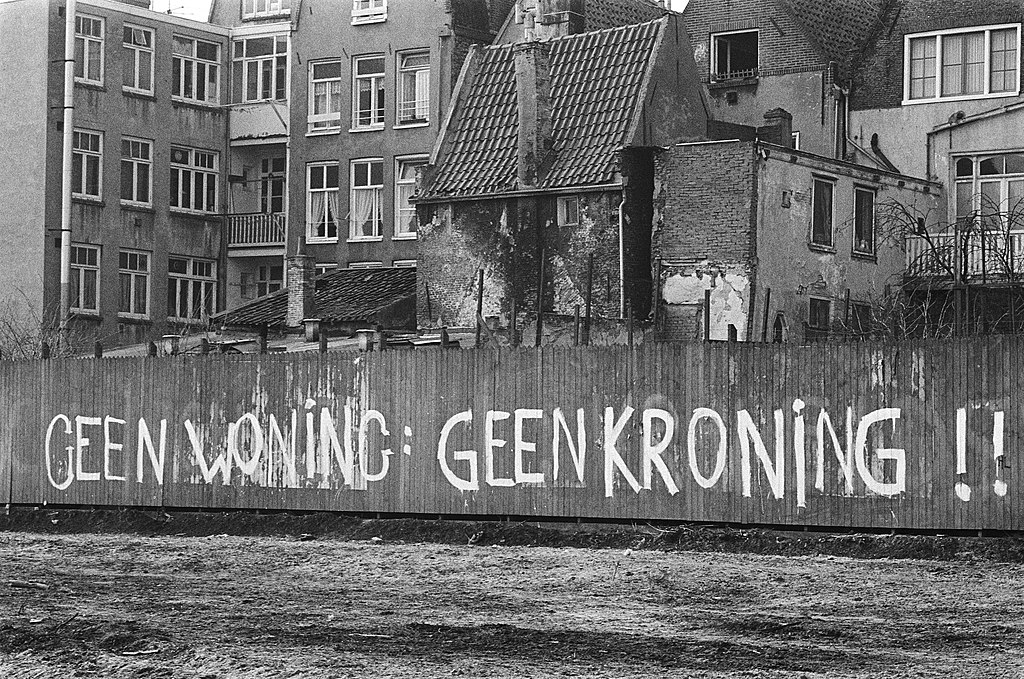
Back then, a sizeable portion of the population lived on the hard edges of society, rather than in its soft centre. Across the city, many thousands of people were living in squats – a new twist on Proudhon’s “La propriete, cést le vol!” anarchist slogan? (Ex-) Hippies, Punks, Rasta’s, Gay’s & other bohemian tribes lived side by side with students, locals and every shade of “allochtonen”, in a madcap, kaleidoscopic mingling of the masses. You almost got a sense that the lunatic fringes had finally taken over.
What is living in Amsterdam like: My experience
In my own case, I no longer felt at home in Thatcher’s London and was busy contemplating my navel – and my future – at a “Kraakpand” (NOT a crack-house, I hasten to add!) on the Barentzstraat, sharing a floor (often literally) with a group of street musicians – refugees from the Embassy Club/Bloomsbury squat scene, which later burgeoned the New Romantic movement. Even today, the memory of singing an acapella version of Anarchy In The UK outside Centraal Station with The Bikini Machine, causes me to blush profusely!
My arrival in Amsterdam also coincided with the June 1980 opening of Mazzo, which effectively became my second home during the hours of darkness. – Mazzo could legitimately lay claim to being one of THE great punk/new wave dance clubs of the 80’s, rivalling those in Berlin, London and New York. I reckon I spent more cumulative hours there than in my own flat (Property Notice: I was the only person I knew who had a job and eventually ran out of excuses for squatting).
Having said that, I must admit that I wasn’t always 100% faithful to my nubile, night-time muse, Ms Mazzo. I even left her frequently for another love, when following legendary dance DJ Eddy De Clercq (the coolest Belgian in history) from De Brakke Grond, to his short-lived but long-lamented, pioneering club De Koer (above)- which sadly closed its doors in ’83 – and later through the Pep Club at the Paradiso, to the even more legendary RoXY.
What is living in Amsterdam like: Work in Amsterdam
In passing, you may want to note that, in order to finance my night-life pursuits I found a job – originally intended more as pocket-money than a career – working for the yankee dollar at Time-Life which, along with fellow publisher Elsevier, offered many an English-speaking-but-hardly-a-word-of-Dutch mumbling ex-Pat fool useful employment, saving many (but not all) from a life of total debauchery.
It never ceases to amaze me just how diverse the workforce was at Time-Life: From bearded ex-hippies, to scions of triple-barrel named Dutch aristocracy, to an American lady that, as a girl, played Violet Beauregarde in the original Charlie & The Chocolate Factory (I kid you not!); to a young man who’d later clone (kluun?) himself into a prominent member of the Dutch litterati (Hi Ray!) In today’s employment market, I doubt if 10% of that workforce would’ve gotten past the first round of any recruitment search, and an equal number would only consider setting up a LinkedIn profile if they thought it had something to do with sausages.
Perhaps my memory has been clouded by nostalgia and decades of passive smoking (I never inhaled, your honour!) or warped by some of the other stuff I did (5th amendment!), but I don’t think the kids today – I have 2, both in their 20’s – have anywhere near the scale and sheer diversity of entertainment on offer as in 80’s and 90’s.
During that time, I must have seen literally hundreds of different acts – Lou Reed, Iggy Pop, Bowie, Nick Cave… The Fall (at the Melkweg)… Prince at the Paradiso (as early as ’81), The Smiths at the Meervaart, Siouxsie & The Banshees at the Paradiso during a thunderstorm (with lightning flashing on the stained-glass windows!), Miles Davis at the Concertgebouw – well, mostly Miles Davis’s back TBH, Grandmaster Flash & The Furious -5 pages later- (are Ad Infinitum a band?)
What is living in Amsterdam like: Cultural life in Amsterdam
Also, the sheer diversity of cultural life was astounding. When was the last time you saw an avantgarde French performance art group (Urban Jazz?) swinging from wires from the roofs of De Nieuwe Kerk; playing wild, atonal saxophone riffs at full volume? Or, rubbed shoulders with a bizarre piece of living art like Fabiola in the coffee shop at the Stedelijk?
Or, watched a German experimental rock group (Einsturzende Neubauten) with instruments made of scrap metal and building tools at the (long since demolished) old prison off the Weteringschans; with the audience joining in and adding to the soundscape by kicking at doors, rattling cages and banging the iron bars?
I bet you are thinking something along the lines of – “Yeah, but surely there’s just as much going on nowadays in Amsterdam? – He’s just too old/out of touch”. Sure, I get that, but from my recollection, even though there were also separate “scenes” back then, there was also much more crossover and intermingling between the various youth “tribes”. Everything -including night-life – was much more fluid and far less compartmentalised than it is today (as opposed to much more mental). Now, I’m not saying Amsterdam is boring – it still has lots going for it, but it’s nowhere near as wild as it used to be!
So, IF (big if!) my theory is correct and Amsterdam is much less cutting-edge and far more homogenised and safer than it was in my (hey-)day, what would the reasons for that be?
What is living in Amsterdam like: The drugs
Back then, the main party drugs of choice were Cocaine – often cut (whether the user knew it or not) with amphetamine (Speed), Poppers (alkyl nitrates), LSD (acid) was still used, albeit sparingly. Dope has always been around, but IMHO is no less of a problem than cigarette use. Crack cocaine came later. Ecstasy even later. As a result, I reckon far more people then were constantly wired. Thankfully, heroin-use started to die out (along with many of its users) gradually through the 80’s and 90’s. Nobody – with the possible exception of ancient drug barons in The Golden Triangle – regrets its demise.
Any drug which turns people into sly, mean, selfish low lives has zero redeeming qualities, no matter how “hip” it may have been in rock n roll and other circles. In my mind, I always associate the sad death of Dutch rock star and artist Herman Brood when he “bungee jumped without the elastic” (his words) to his death from the roof of the Amsterdam Hilton on 11 July 2001, as heralding the death knell of any hint of hipness of heroin in Holland.
Nowadays, the drugs are (relatively) safer ‘designer’ drugs with more chemical compounds than on the periodic table. Also, the average youth of today is 10 x more savvy about drug use than they were in my day. Gambling with drugs is dangerous but, generally speaking, fewer people are out of their minds and Holland is apparently safer than anywhere else. Apologies to anyone offended by my tongue-in-cheek approach to such a deadly serious topic.
What is living in Amsterdam like: iPhone & Social Media
As absurd as it may seem, I can’t help but feel that the ever shorter attention span, obsession with constant news – whether real, fake, or obscurely niche – and often meaningless, token communication of half of the western world may be part of the problem. – Most young people are simply too busy with their own lives to take things seriously enough to get off their phones and their arses and take to the streets.
What is living in Amsterdam like: Global Politics
The leader of the western world is a ginger buffoon, megalomaniac and asshole (“*”) reminiscent of a villain from the pages of the dystopian sci-fi novels of Kurt Vonnegut Jnr. Russia is run by an ex-KGB agent who does what he likes and seems immune from any pressure – economic or political – from the rest of the world. China is a 1 party-state with the largest population on the planet, who seem quite happy to have no political voice, as long as they continue to see their income grow. Is it therefore any wonder that the youth of such a small country as Holland feel powerless to effect any change and seem unwilling to take up any cause which does not impact them directly?
What is living in Amsterdam like: Dutch politics
Self-serving yuppies have taken over from their predecessors (the boring old farts) and oh, do they feel so smug about it. The relative stability of the economy and general national well-being means that only the poorest of the poor feel any pain. The rest couldn’t care a f**k. Dutch society has turned beige and flabby. Today, the student population is almost indistinguishable from the rest of the population and there are fewer activists, than bloggers or Instagram “celebrities”. There are more tourists coming to Amsterdam than ever before, but what they’re seeing now is a postcard plastic version of the city. The real city is fading away before our eyes.

So, is any of this likely to change? Not unless more people start caring more. If the youth of today don’t feel strongly enough to take to the streets to protest about Trump, what would incite them into action? If even something as critical to their survival as global warming can’t shake the young people of Amsterdam out of their inertia and apathy in sufficient numbers to take to the streets, then I fear there’s probably no going back.
Maybe there’s a new global youth movement around the corner which will have as much influence on future generations as the flower-power movement did in the 60’s and punk in the late 70’s, but I wouldn’t bank on it.
Yes. Some people do care, but not enough. Sure, some people do still get angry, but they’re most often daft old buggers like myself, ranting away in stream of consciousness fashion about things that make them angry. But what angers me most – in addition to all of the above – is not being able to finish an article with a cogent argument and meaningful conclusion. People like me make me angry. I’m part of the problem.
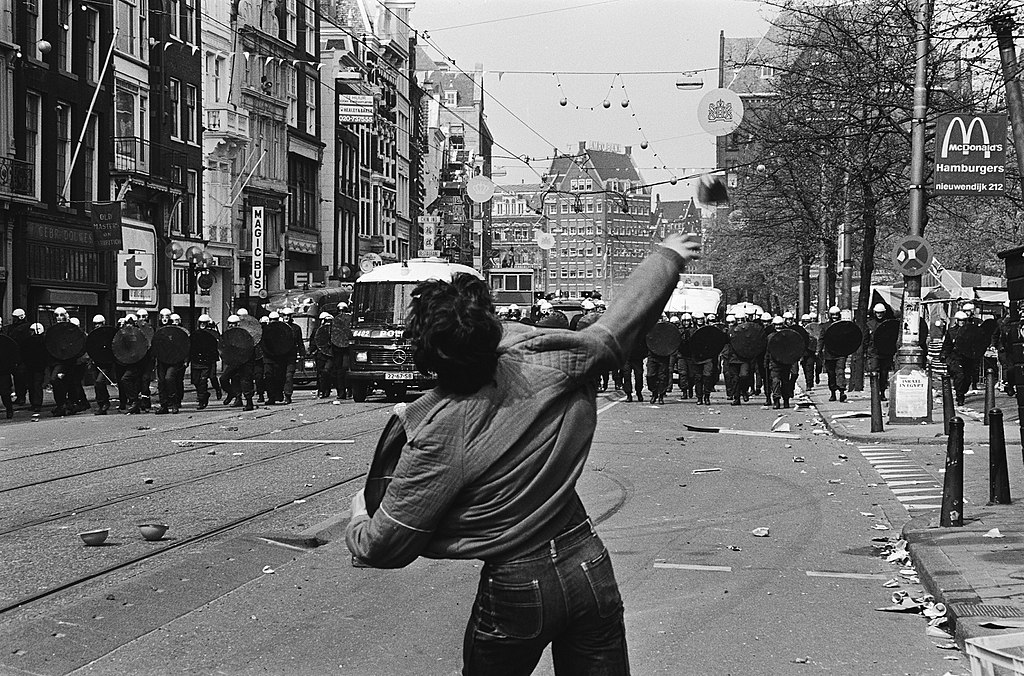
AND… If you live in Amsterdam and are reading this – You! Yes YOU!! – Reading this on your phone or laptop, but caring more about the latest trend in coffee culture than any real issues; whilst the vibrancy which made this city what it is, fades to grey conformity and sinks beneath the river-IJ under the combined weight of tourism and apathy.
Perhaps that explains why MOKUM (look it up!!!) is dead?
What is living in Amsterdam like to you? Drop a comment!

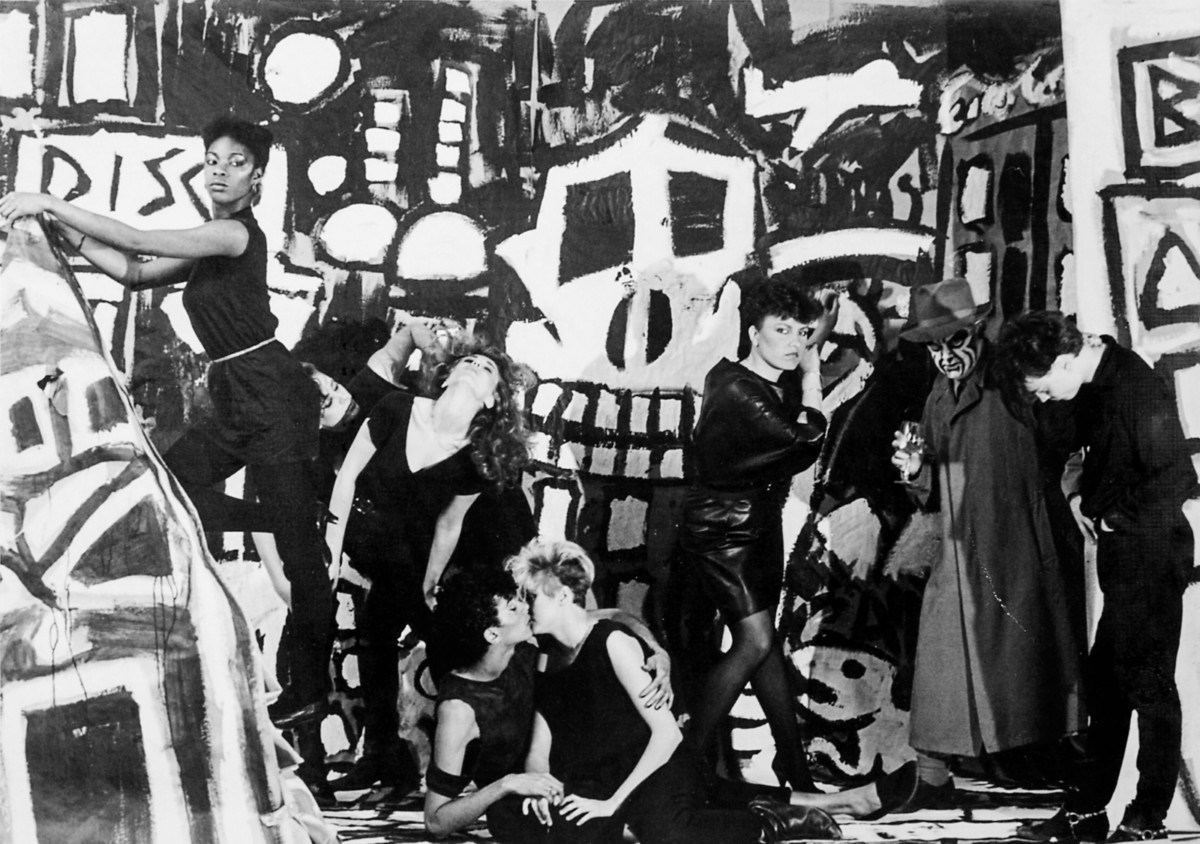
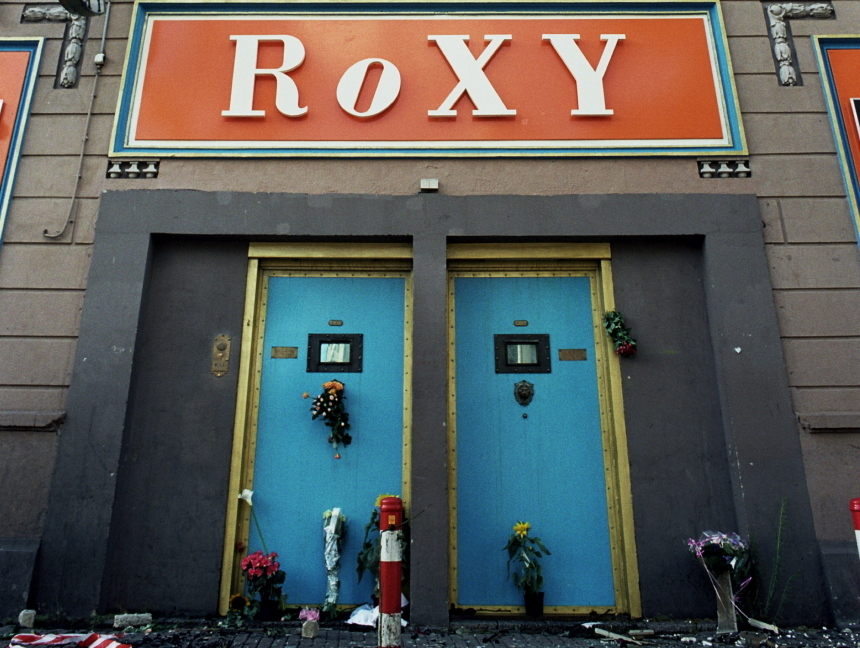
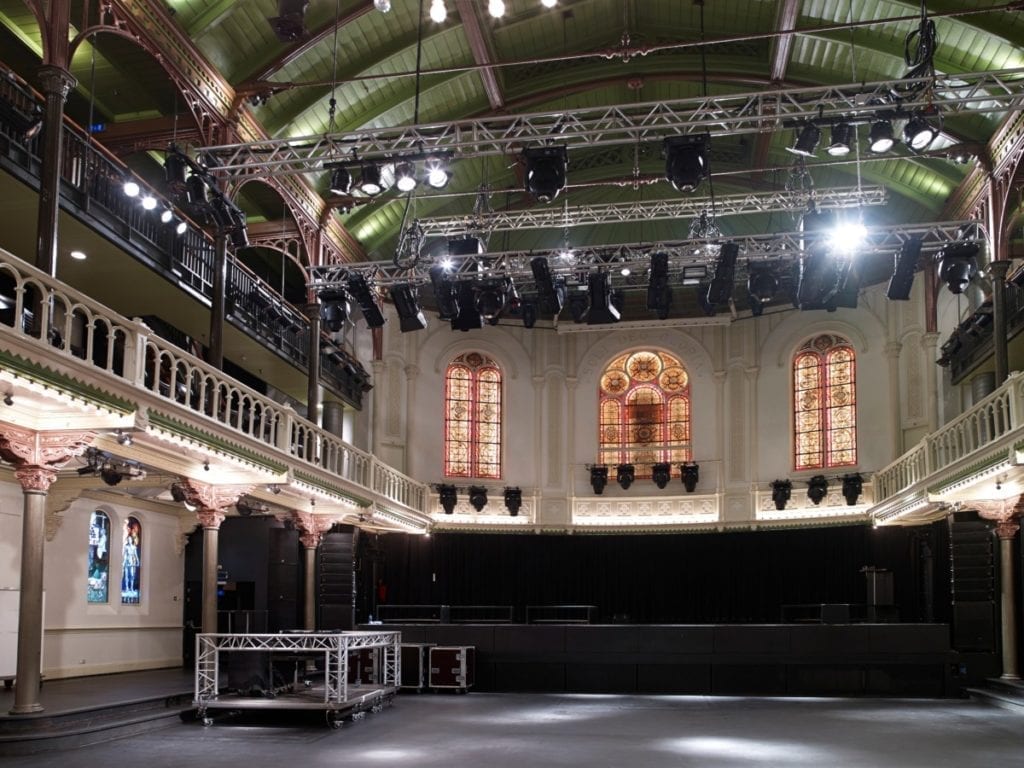
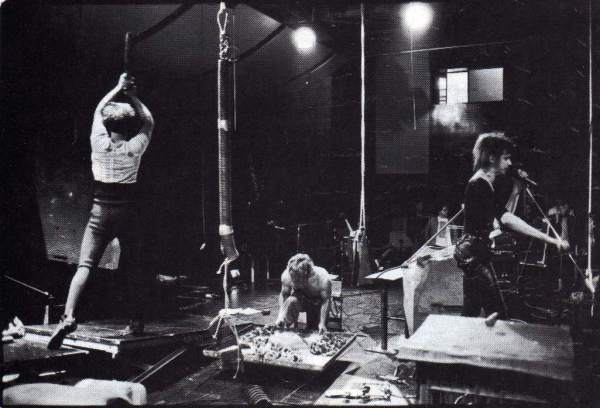

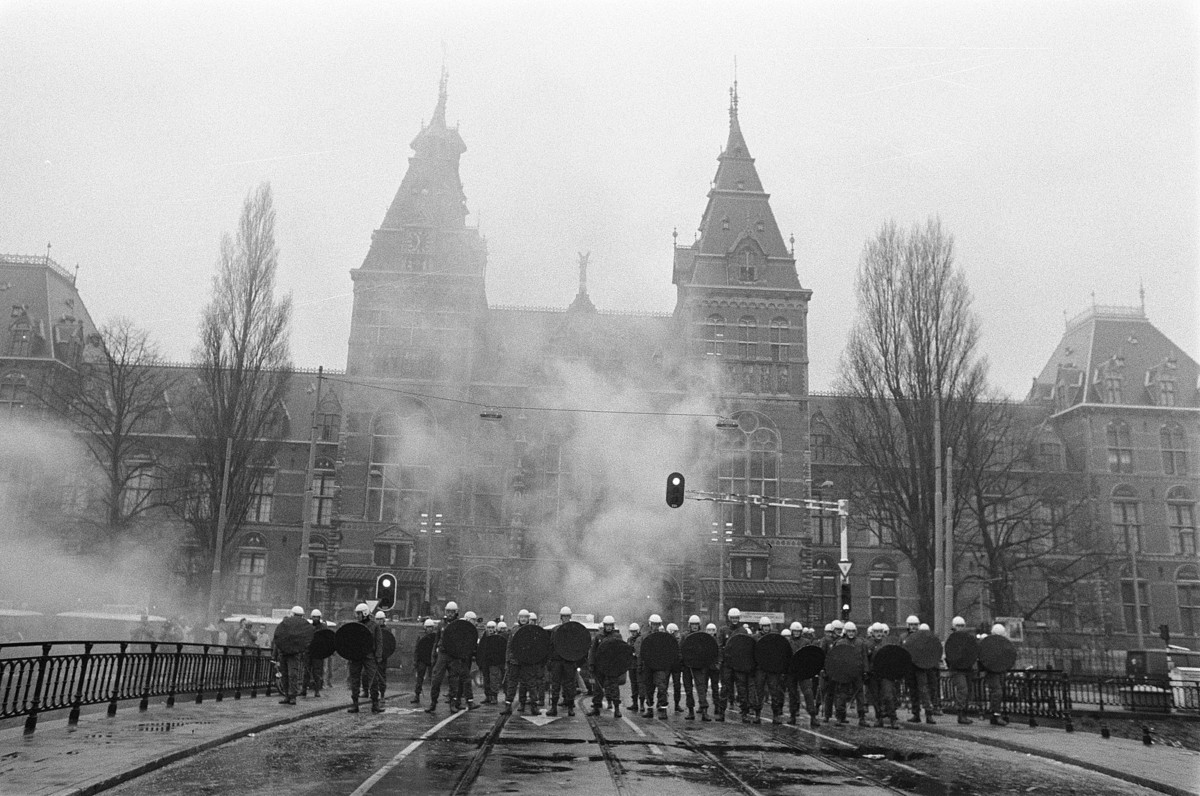

FYI : If you speak Dutch, DJ legend Eddy De Clerckq’s biography, is well worth a read….
https://www.lubberhuizen.nl/laat-de-nacht-nooit-eindigen
Agree! Amsterdam is boring compared to the hippy city used to be! Nowadays is only a city for tourists and everything is so expensive that seems only good for rich people and hipsters
Thanks! I’m pleased to say that the vast majority of the replies & comments on the article I’ve seen – both here, as well as on FB & Twitter – suggest that we’re not alone in that opinion!
It saved my life. Mijn Mokum.
That sounds worthy of an article on it’s own Francesca. IF you feel like explaining/expanding (no pressure – obviously) I’d love to hear